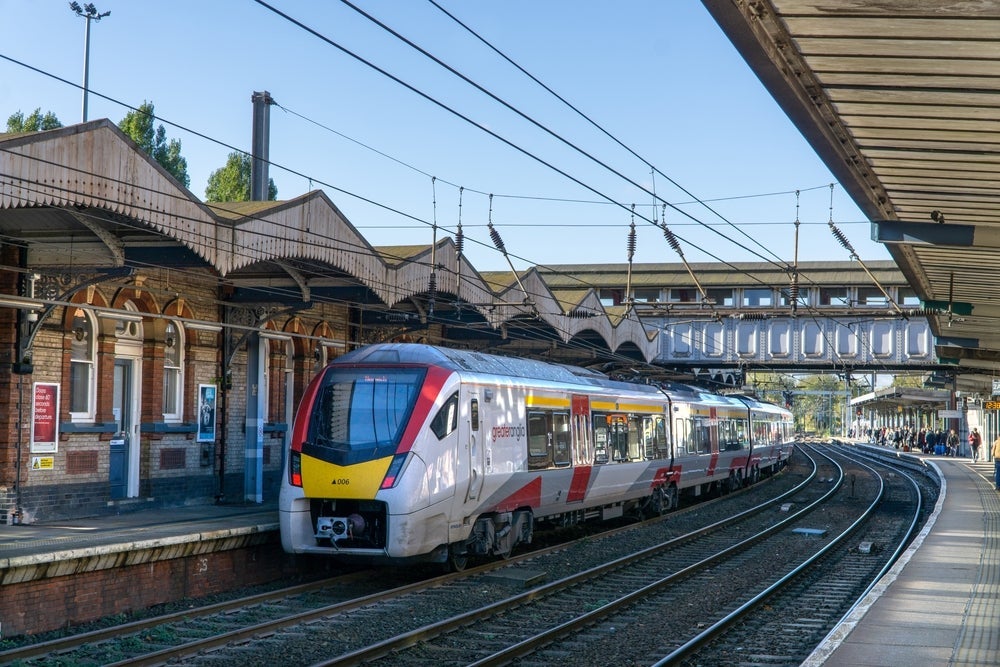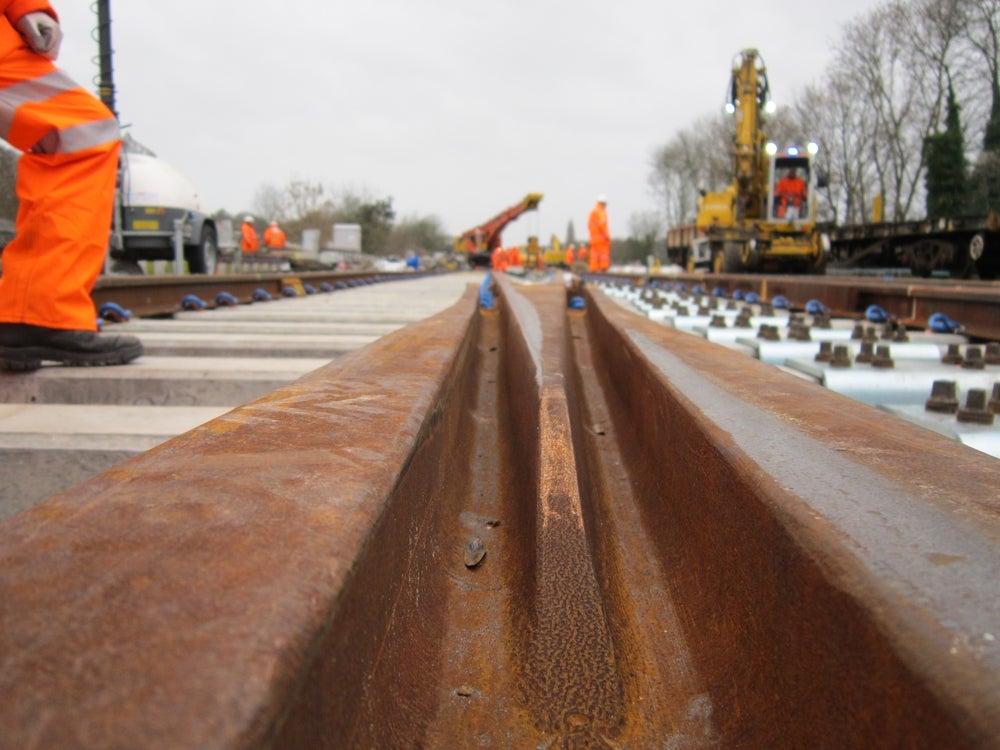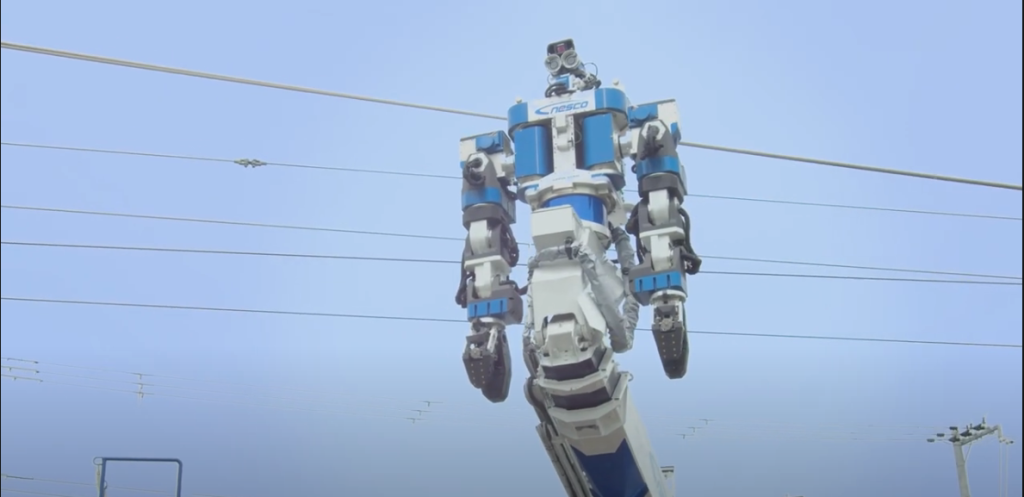French infrastructure manager SNCF Réseau has selected three groups for the development of computer-controlled signal interlockings.
The three selected groups are Thales/Engie Solutions/Vossloh; Alstom; and the Hitachi Rail/ Eiffage Energy Systems/ Systra.
How well do you really know your competitors?
Access the most comprehensive Company Profiles on the market, powered by GlobalData. Save hours of research. Gain competitive edge.

Thank you!
Your download email will arrive shortly
Not ready to buy yet? Download a free sample
We are confident about the unique quality of our Company Profiles. However, we want you to make the most beneficial decision for your business, so we offer a free sample that you can download by submitting the below form
By GlobalDataThe move follows an 18-month research period after the launch of the €1bn ARGOS innovation partnership in 2018 to develop and roll out a new generation of digital interlocking systems.
The programme will now enter the development phase where the selected groups will upgrade an existing installation and develop a pre-series production interlocking. The first of these systems is slated for commissioning at the end of 2023.
Following the completion of the 30-month development period, SNCF Réseau and the partners will remain bound by a 15-year rollout contract.
During the research phase, more than 150 experts contributed to the programme to identify a technical solution that will meet SNCF Réseau’s requirements.
Specifically, the programme seeks to replace the many existing interlocking boxes which use obsolete technologies with computer-controlled interlockings.
The deployment of digital interlocking is expected to improve signal operations and boost safety.
The ARGOS project also aims to reduce the impact of failures by ensuring the real-time transmission of information to expedite incident response.
SNCF Réseau technological strategy and contract award manager Anne-Sophie Naboulet-Larcher said: “Our goal is to roll out an efficient, resilient, easily maintainable system that can be installed and tested with minimum impact on traffic.”
Overall, the infrastructure manager expects that the rollout of digital interlocking will help in reducing installation and maintenance costs by 15% and decrease installation lead times by 30%.
It is also expected to enhance overall performance with the new equipment, particularly regarding cybersecurity, maintenance and operations.







